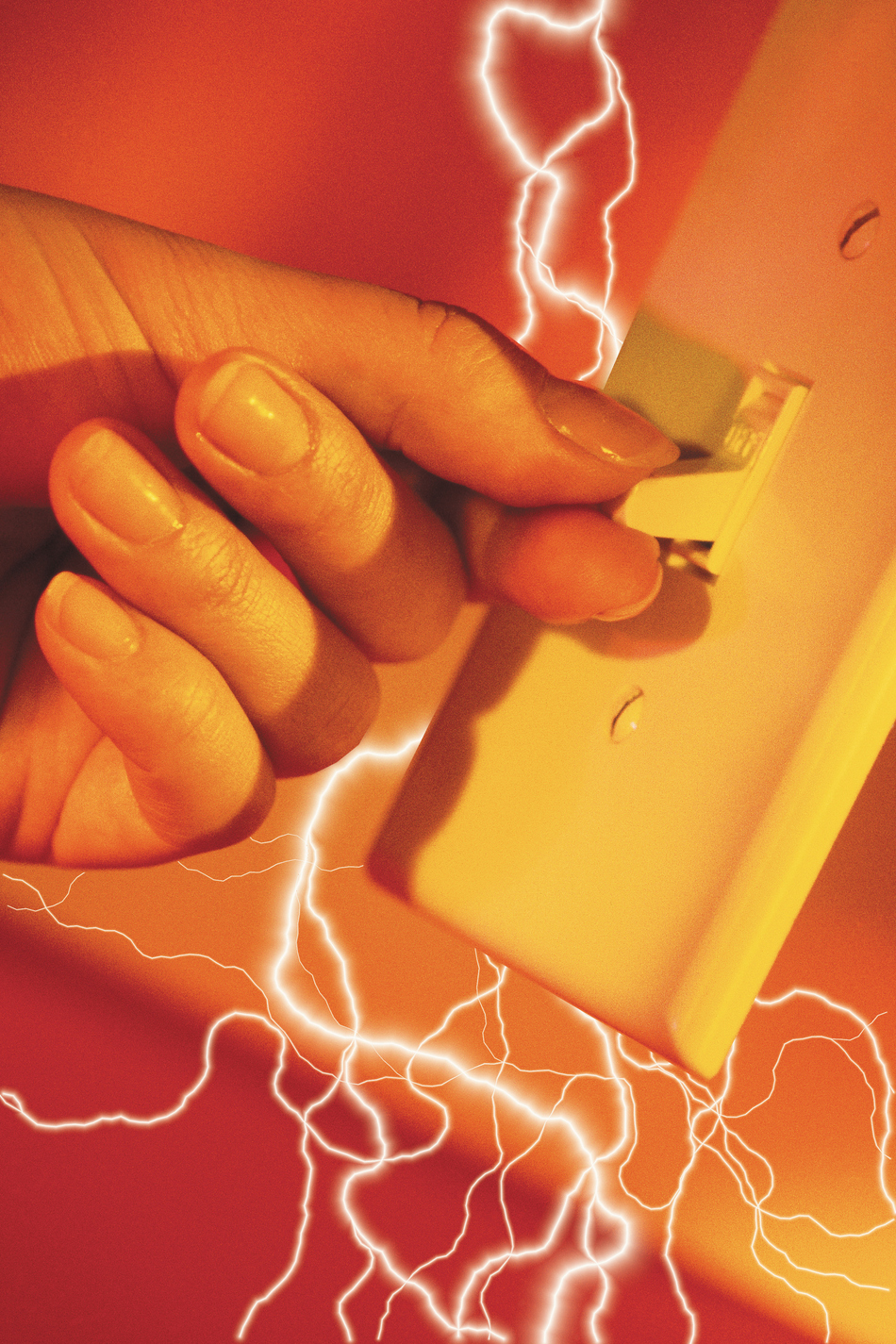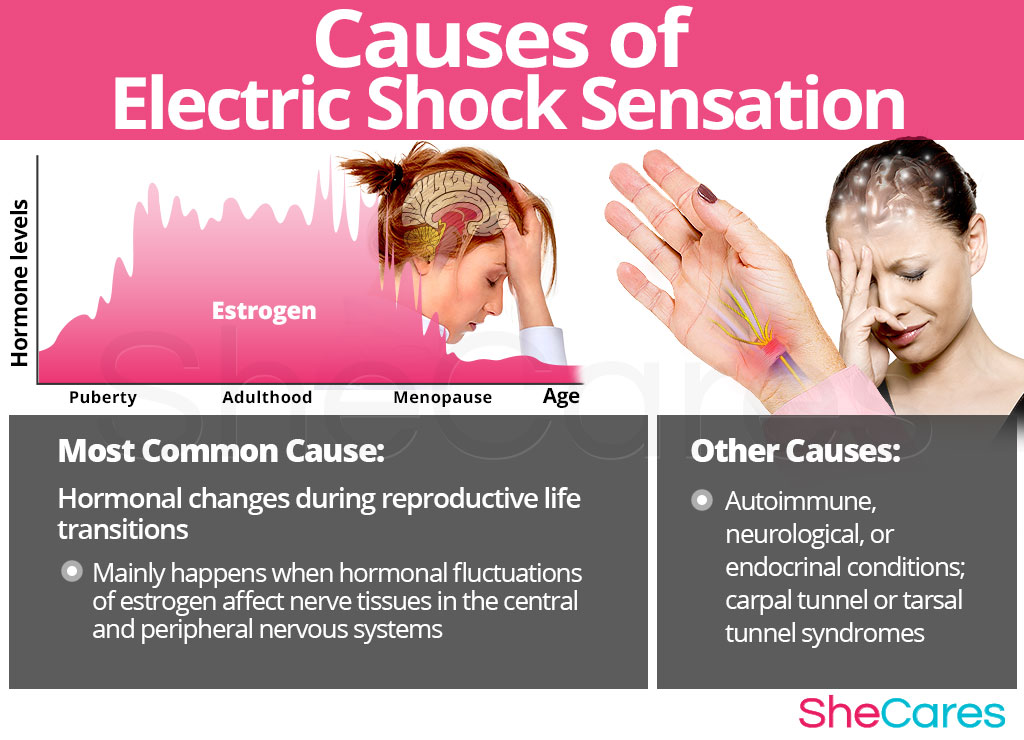Unbelievable Info About Am I OK If Get Shocked By Electricity

ER Or Not I Electrocuted Myself! University Of Utah Health
That Jolt! What Happens When Electricity and You Meet?
1. Understanding the Initial Impact
Okay, so you just got a little zap. Maybe you touched a faulty appliance, or perhaps you were messing around with electronics (not recommended, by the way!). The first thing to understand is that electricity, even at low voltages, can mess with your bodys natural electrical signals. Think of it like a tiny, unwelcome guest barging into your nervous systems party and causing a bit of a ruckus.
The immediate effects usually depend on the voltage and how long you were exposed. A quick static shock? Annoying, but generally harmless. A prolonged shock from household current? That's when things can get a bit more serious. You might feel a tingling sensation, muscle spasms, or even a temporary loss of muscle control. Ouch!
Your heart, being a big ol' muscle that runs on electrical impulses, is particularly vulnerable. A strong enough shock can disrupt its rhythm, leading to irregular heartbeats or, in extreme cases, cardiac arrest. Thats why electrical safety is no joke!
Beyond the immediate effects, the path the electricity takes through your body is also crucial. Did it pass near your heart or brain? That increases the risk of complications. Did you have wet hands? Water significantly increases conductivity, making the shock more severe. It's a whole chain of events, and the variables can change everything.

Minor Shocks
2. Recognizing Harmless Zaps
Let's face it, we've all experienced those little static shocks that make you jump. Touching a doorknob in the winter? Classic. These are usually caused by a buildup of static electricity and are generally nothing to worry about. They might sting a bit, but they're over in a flash and dont cause any lasting damage.
Another common scenario is a brief shock from a low-voltage device, like a phone charger. If you accidentally touch the exposed prongs, you might get a mild zap. As long as you're not experiencing any other symptoms, like dizziness or chest pain, youre probably fine. These incidents, while unpleasant, usually don't warrant a trip to the emergency room.
The key here is "brief" and "low-voltage." If the shock was prolonged, or if you're unsure about the voltage involved, its always better to err on the side of caution. Think of it like that weird noise your car makes. Sometimes it's nothing, other times it's a sign of something serious. With electricity, playing it safe is the best policy.
Pay attention to your body. If you feel perfectly normal after a small shock — no muscle weakness, no headache, no palpitations — then you can likely chalk it up to a minor mishap. But trust your gut! If something feels off, dont hesitate to seek medical advice.

When to Worry
3. Identifying Signs of Trouble
Alright, let's talk about when that little zap becomes a reason for concern. Ignoring serious symptoms after an electrical shock is like ignoring a blinking "check engine" light in your car. It might go away on its own, but it could also be a sign of something much worse lurking under the hood.
One of the biggest red flags is any kind of heart-related symptom. Chest pain, shortness of breath, palpitations (feeling like your heart is racing or skipping beats) — these are all signs that the electricity may have affected your heart rhythm. Don't wait; call emergency services immediately.
Neurological symptoms are also a cause for concern. If you experience confusion, dizziness, loss of consciousness (even if it's brief), seizures, or difficulty speaking or moving, seek medical attention right away. These could indicate that the electricity has affected your brain or nervous system.
Burns, especially deep burns, are another sign that the shock was more severe than you might think. Electricity can cause significant internal damage even if the external burns don't look too bad. Any burns should be evaluated by a medical professional. Also, persistent muscle pain or weakness, numbness, or tingling in your limbs are all warning signs. Basically, any unusual or lingering symptoms after an electrical shock should be checked out by a doctor. Its always better to be safe than sorry!

Steps To Be Taken When Electric Shock Occurs
First Aid for Electrical Shock
4. Steps to Take After the Incident
Okay, so someone just got shocked. What now? First things first: your safety is paramount. Do NOT touch the person if they are still in contact with the electrical source. That's rule number one, and it's a biggie. You don't want to become a victim yourself!
If its safe to do so, turn off the power source. Flip the breaker, unplug the appliance — whatever it takes to stop the flow of electricity. If you can't turn off the power, use a non-conductive object, like a wooden broom handle or a dry piece of clothing, to separate the person from the electrical source.
Once the person is no longer in contact with the electricity, check for responsiveness. Are they conscious and breathing? If not, call emergency services immediately and begin CPR if you are trained to do so. Time is of the essence in these situations.
Even if the person seems okay, it's crucial to call for medical help. Internal injuries can be deceiving, and it's better to have a medical professional assess the situation. Keep the person warm and comfortable while waiting for help to arrive. Try to gather as much information as possible about the incident, such as the voltage involved and how long the person was exposed, to share with the emergency responders.

Long-Term Effects
5. Understanding Potential Delayed Issues
Even if you feel fine immediately after an electrical shock, there's a possibility of delayed effects cropping up later on. Think of it like that creaky knee that doesn't bother you until you try to run a marathon. Electrical injuries can sometimes have a similar, sneaky way of manifesting.
One potential long-term effect is chronic pain. Nerve damage from the electrical current can lead to persistent pain, numbness, or tingling, especially in the extremities. This pain can be debilitating and significantly impact quality of life. It is so important to get checked out by a professional.
Another possible complication is psychological trauma. Experiencing an electrical shock can be a frightening event, and some people may develop anxiety, post-traumatic stress disorder (PTSD), or other mental health issues as a result. These psychological effects can be just as debilitating as physical injuries.
In rare cases, electrical shocks can also lead to cataracts (clouding of the lens of the eye) or other vision problems. These issues may not develop immediately but can appear months or even years after the incident. This is why follow-up medical care is so crucial. While many people recover fully from electrical shocks, it's important to be aware of the potential for long-term consequences and to seek appropriate medical care if any symptoms arise.

FAQ
6. Addressing Common Concerns
Let's tackle some common questions about electrical shocks. Consider this your friendly electrical safety Q&A.
Q: Am I OK if I get shocked by electricity at home?
A: It depends on the severity of the shock. Minor static shocks are usually harmless. However, if you experience any symptoms like chest pain, dizziness, confusion, burns, or loss of consciousness, seek immediate medical attention.
Q: What voltage is considered dangerous?
A: Voltages above 50 volts are generally considered dangerous, especially if the current is high. Household current (120 volts in many countries) can be lethal under certain circumstances.
Q: How can I prevent electrical shocks?
A: Always use properly grounded outlets, avoid using electrical appliances near water, never overload electrical circuits, and have a qualified electrician inspect your home's wiring regularly. Also, be mindful of power lines when working outdoors.
Q: Should I see a doctor even if I feel fine after a shock?
A: If you experienced a significant shock (e.g., from a household outlet), it's always best to consult with a doctor, even if you feel okay. Internal injuries may not be immediately apparent. Playing it safe is always a good idea!